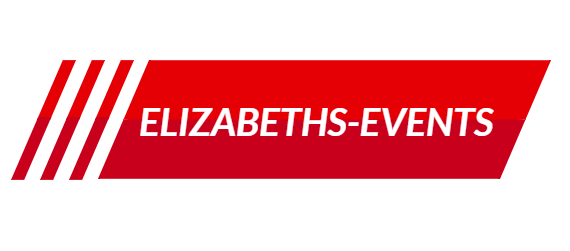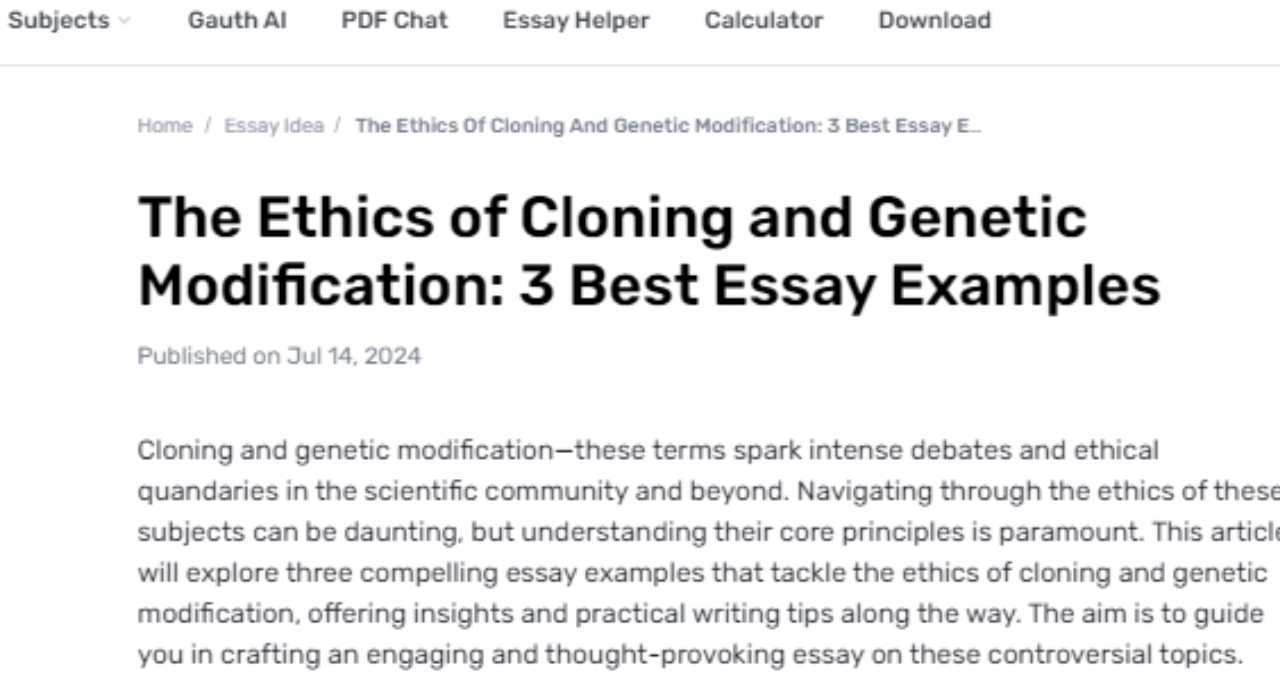The speedy developments in biotechnology have opened up additional entryways in the field of genetic attributes, including the problematic exhibits of human cloning and genetic modification. While these innovations hold a guarantee for treating genetic infections and further developing general well-being results, they likewise raise a large group of moral worries that should be painstakingly thought of.
Human cloning and genetic modification address an enormous number of moral issues that touch on fundamental requests of human character, uniqueness, and freedom regarding the Ethics of Cloning and Genetic Modification. Savants fight that these progressions could incite the commodification of human life, the development of genetic orders, and the breaking down of the customary assortment that makes us human.
Associated Ethical Concerns with Human Cloning and Genetic Modification
Given are the moral worries that are related to human cloning and genetic adjustment:
Playing God
One of the most normally referred to moral worries encompassing human cloning and genetic modification is the idea of playing God. Pundits contend that these advances permit people to control the very fabricating blocks of life, adjusting genetic codes and making new organic entities in manners that were once the restrictive areas of nature.
This brings up issues about the arrogance of people taking command over normal requests and the expected outcomes of altering life in such significant ways.
Security and Long haul Impacts
Another major moral concern is the security and long-haul impacts of human cloning and genetic adjustment. While these advancements hold an extraordinary commitment to treating genetic illnesses and working on human well-being, there are additional gambles included.
The most common way of cloning and genetic modification can prompt potentially negative results, like genetic modifications, accidental aftereffects, and the making of new illnesses. Furthermore, the drawn-out impacts of these innovations on people, families, and society overall are still generally obscure.
Genetic Discrimination
One of the most squeezing moral worries encompassing human cloning and genetic modifications is the potential for genetic discrimination. As genetic data turns out to be progressively open and manipulable, there is a gamble that people might be oppressed in light of their genetic cosmetics.
This could appear in different ways, like refusal of business, protection inclusion, or different open doors in light of genetic inclinations to specific illnesses or characteristics. The possibility of a general public isolated along genetic lines brings up serious moral issues about decency, equity, and balance.
Consent and Autonomy
An urgent moral concern encompassing human cloning and genetic modification is the issue of consent and autonomy. These innovations bring up complex issues about who ought to have command over genetic data and choices about genetic control. Should people reserve the option to go with decisions about their own qualities, or should these choices be passed on to specialists, policymakers, or society?
The issue of informed assent is particularly critical with regard to genetic adjustments that might be passed down to people in the future.
Societal Implications
At last, there are more extensive societal implications of human cloning and genetic modification that should be thought of. These advances can possibly compound existing social disparities, make new classes of genetically upgraded people, and generally adjust the idea of human propagation and development. Inquiries regarding the ethical obligation of researchers, policymakers, and society in general in directing the turn of events and utilization of these advances pose a potential threat.
Process to Use Gauth for Problem Solving
With regards to finding solutions to questions utilizing Gauth, the cycle is very basic and direct.

Step 1. Visit the Gauth
The initial step you want to take is to open the Gauth application on your gadget. This should be possible by exploring the application symbol and tapping on it to send off the application. When the Gauth application is open, you are prepared to continue toward the following stage, which is contributing to your inquiry.
Step 2. Enter the Question
Move to the Look through the bar where you type in the inquiry or subject you are hoping to get data on. Make a point to be explicit with your inquiry to guarantee that Gauth can give you the most reliable and important data. In the wake of contributing your question, you will then, at that point, need to trust that Gauth will handle the data and produce an answer for you.
Step 3: See the Solution
When the solution is produced, you will see it shown on the screen. This might come as text, pictures, or connections to outside sources. Set aside some margin to survey the solution given by Gauth to guarantee it responds to your inquiry sufficiently. Assuming that you have any further inquiries or need more data, you can continuously enter one more question into Gauth to keep investigating the subject.
Final Wording
The moral worries encompassing human cloning and genetic alteration are intricate and complex. While these innovations hold an extraordinary commitment to progressions in medication and science, they additionally bring up difficult issues about personality, independence, and the potential for segregation. Society should take part in smart and educated conversations about the moral ramifications of these advancements to guarantee that they are utilized capably and morally.


